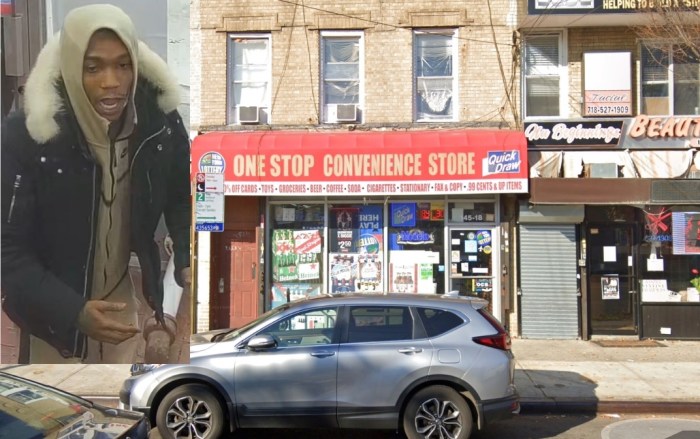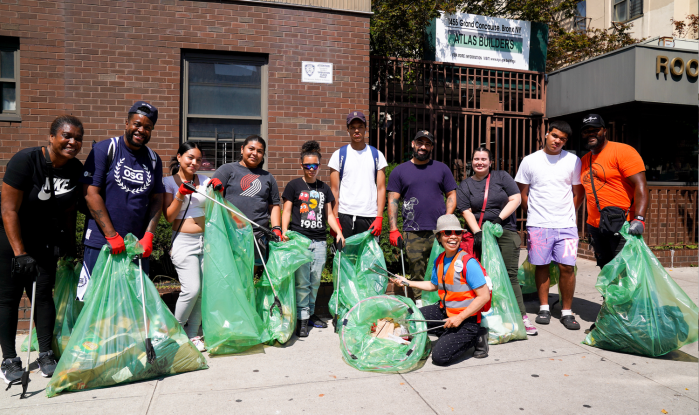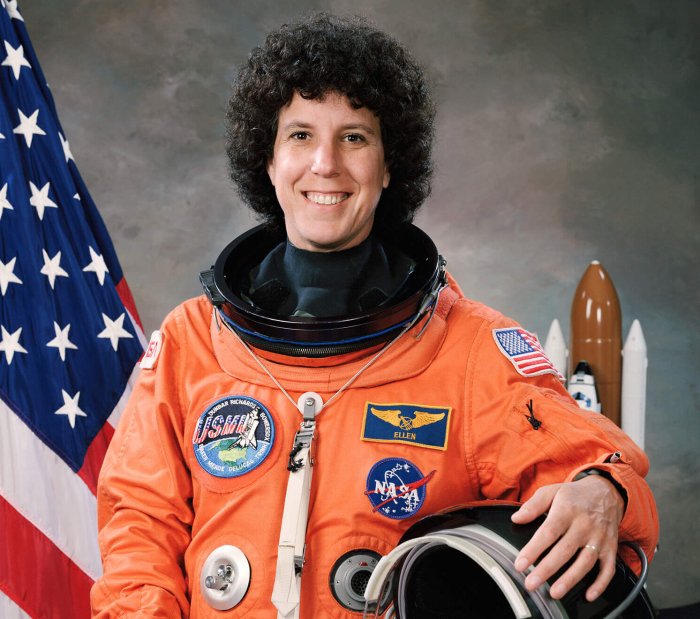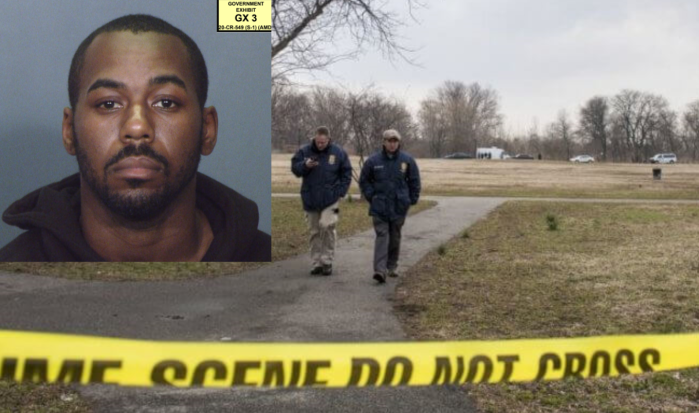Verna Conway, a 50-year-old resident of Rosedale, got home from a second job at a restaurant one evening last February and began going about her business at home when she started to get a headache. Within a few minutes, it had escalated and she said she felt like her head was about to explode.
Conway was taken to the hospital and was eventually transferred to North Shore University Hospital (NSUH) in Manhasset and diagnosed with having a ruptured brain aneurysm. Between 30,000 and 50,000 people have a ruptured brain aneurysm every year.
During National Brain Aneurysm Awareness week from September 10 to September 14, members of the medical community at NSUH’s Brain Aneurysm Center will be doing their part to promote education and awareness.
NSUH’s Brain Aneurysm Center, which serves patients in Long Island, Queens and other areas, uses state-of-the-art diagnosis and multimodality treatments to assist patients. In order to be able to quickly respond to ruptured brain aneurysm emergencies, there is an interventional neuroradiology team available around the clock. Along with using advanced diagnostic services, a multidisciplinary team reviews each case.
“A ruptured brain aneurysm is a cataclysmic event and its effects can be devastating,” said Dr. David Chalif, the chief of neurovascular surgery and co-director of the Harvey Cushing Institutes of Neuroscience Brain Aneurysm Center at NSUH. “It is crucial to call 911 for emergency help and to go to the nearest hospital that treats brain aneurysms.”
Among the symptoms of a ruptured brain aneurysm are a headache that patients describe as the worst of their life, nausea, vomiting, stiff neck, neck pain, blurred or double vision, pain above and behind the eye, dilated pupils, sensitivity to light and loss of sensation.
After her diagnosis, Conway underwent a microsurgical clipping, which “requires making a small opening in the skull through which microsurgical tools locate the aneurysm and affix a titanium clip to cut it off and restore blood flow through normal vessels.”
“I am so grateful to be alive, I don’t take anything for granted,” Conway said. “I feel blessed to have met Dr. Chalif. He is the most caring and competent doctor in the world and I received wonderful care and attention from the entire staff.”
Now, six months later, Conway is back to work as a home health aide and is “100 percent.”
“It’s just amazing,” she said. “I can do anything and everything I have always been doing.”
In order to further educate the public about ruptured brain aneurysms during Brain Aneurysm Awareness Week, informational literature will be available in the center’s lobby. Also, on Thursday, September 13, health care professionals will be on hand from 10 a.m. to 3 p.m. to talk to people and answer their questions.
NSUH’s Brain Aneurysm Center is located at 300 Community Drive in Manhasset. For more information, call 516-562-3070.
































